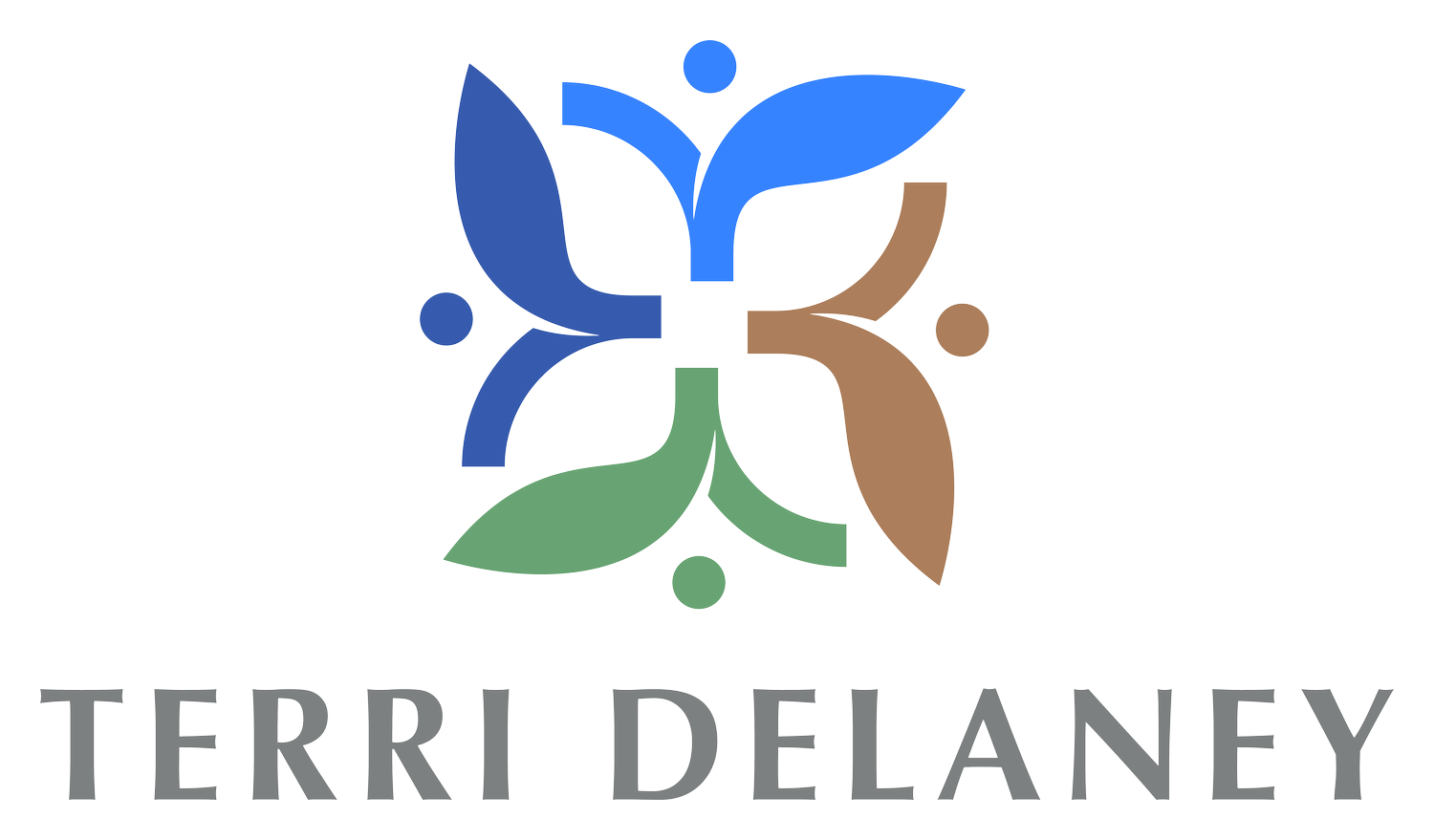Therapeutic Influences
Pia Mellody | The Meadows Model
My therapy approach has been greatly influenced by the powerful work of Pia Mellody. A senior fellow at The Meadows, she is the author of several groundbreaking books, including Facing Codependence, Facing Love Addiction and her latest book, The Intimacy Factor. Pia Mellody’s work in codependence, boundaries, and the effects of childhood trauma on emotional development has profoundly influenced the treatment of addictions and issues around forming and maintaining relationships.
As one of the pioneers in the field of recovery, she developed theories on the effects of childhood trauma and developmental immaturity that became the foundation for The Meadows’ treatment programs and are, in large measure, the reason for its success.
Trauma Therapy with Terri Delaney
Terri Delaney has completed more than 80 hours of training with Pia Mellody at The Meadows and is able to offer individual therapy treatment, group therapy, and the Intensive Family of Origin Weekend Workshop. In addition, she also teaches classes on Growing Your Functional Adult (based on Pia Mellody’s model), which offers an affordable way to learn the education component of this treatment format. Contact Terri for more info on this approach.
How Pia identified the Five Core Issues
Pia Mellody was a nurse at the Meadows when she realized that a large majority of the people seeking treatment for addiction had histories of abandonment, neglect, abuse of all kinds, and enmeshment with a parent, the parent’s marriage or the whole family system. As Pia interviewed person after person, a unique and clear pattern emerged. All had five similar symptoms:
They had little to no self-esteem, often manifested in the carried shame of their primary caregivers;
They had severe boundary issues;
They were unsure of their own reality;
They were unable to identify their needs and wants;
They had difficulty with moderation.
With an interviewing approach fueled by her intuition, Pia Mellody had discovered what she called developmental immaturity, also known as “codependency.” She defined codependency as a “failure to be in healthy relationship with oneself.” She had come to understand the word “abuse” in a much broader context than clinicians had previously understood it. Pia also showed how codependents carry their dysfunctional caretakers’ feelings (for example, if a parent neglected their child and behaved shamelessly, the child would feel ashamed of themselves and their needs. Or if a parent disowned their own pain, the child will “carry” the pain and feel sorry for the parent). She identified that unless people grow up with functional parents, they will have difficulty in what she calls the five core issues: Self-Esteem, Boundaries, Reality, Dependency, and Moderation.
Treatment in this model
Treatment in this model starts education about how to be a functional adult: esteeming oneself, using functional boundaries, deepening self awareness, taking better care of oneself, and taking a moderate approach in ones life. It also involves a deep exploration of the foundations of ones patterns and adaptations, looking at each person’s childhood experiences without blaming the parents but instead looking at the experiences as they related to the child’s needs and whether they were met or unmet. It also means exploring the toxic effects of enmeshment on children, and the impacts of disempowerment (from scapegoating and shaming) as well as false-empowerment (using the child, glorfying them and failing to set limits on them. All of these things are part of the process to help someone move from “developmental immaturity” towards being a functional adult. Finally, the model also offers experiential processes including “Inner Child Work” and a process to heal the “carried” feelings absorbed from dysfunctional caregivers, which Pia calls “Feeling Reduction.” Both these processes involve imagery and engaging the functional, wise adult part of the self with images of their own inner child as well as images of their childhood parents, speaking up on behalf of their child self and the functional parenting they deserved.
Treatment in this model is available at The Meadows treatment center, either in in-patient, or as part of the outpatient workshop format (the workshop is called “Survivors") as well as with individual therapists who have trained in this model, including Terri Delaney, MSW, LICSW, SEP.

